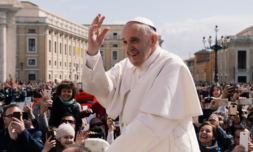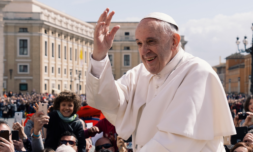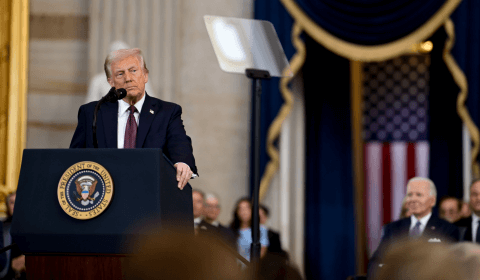The Pope reportedly used a slur during a conversation about gay men. The internet’s response has once again reckoned with the archaic structure of religious institutions.
Pope Francis recently caused a stir by using a homophobic slur during a conversation about gay men.
After immense backlash, the Vatican has now issued an apology, insisting the Pope ‘never intended to offend or express himself in homophobic terms’.
The damage, nonetheless, has been done. The LGBTQIA+ community and allies have – understandably – expressed deep disappointment, viewing the incident as a setback after hopeful signs of progress from the Pope’s earlier moves toward a more inclusive church.
The Pope had been in private talks at the assembly of the Italian bishops conference (CEI) in Rome last week, when he said there was already too much ‘frociaggine’ in some seminaries. The Italian word roughly translates as ‘faggotness’.
When newspapers began reporting on the leaked conversation, Matteo Bruni, the director of the Vatican’s press office, said Francis ‘apologises to those who felt offended by the use of the term, reported by others’.
Several Italian news outlets began publishing the story shortly after the incident took place, with some quoting anonymous bishops who believed the Pope had meant the derogatory term as a ‘joke’. Others said he may not have been aware the term was offensive.
‘As he stated on several occasions, “In the Church there is room for everyone, for everyone! Nobody is useless, nobody is superfluous, there is room for everyone. Just as we are, all of us,”’ said Bruni, referring to Pope Francis’s previous comments on inclusivity and LGBTQIA+ rights within the Catholic faith.
But the response online has been swift and critical. Indeed, an official papal apology is rare – pointing to the severity of the backlash.




















